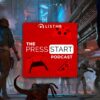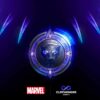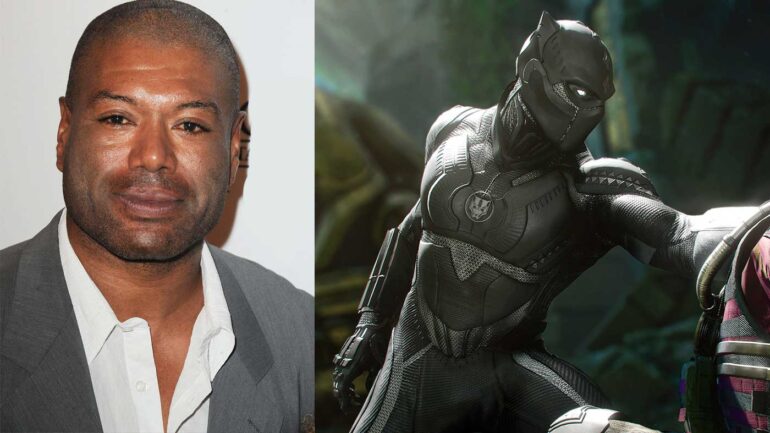Ahead of today’s Marvel’s Avengers War for Wakanda expansion launch, we had the pleasure of chatting to two phenomenal men. The first being Christopher Judge, who voices Black Panther but is also known for voicing Kratos in God of War as well as many, many other roles across other entertainment mediums. We also had the chance to talk to Evan Narcisse who is a former video game journalist himself but has also worked as a Narrative Consultant on games such as this one, but also Marvel’s Spider-Man: Miles Morales as well as written Marvel’s Black Panther comics.
We had the chance to talk to both men about what it meant to work on Black Panther, how Christopher channelled Chadwick Boseman’s performance, and much, much more.
This is one that we also would recommend listening to (if not for Christopher’s smooth voice alone), which you can do so below:
Undeniably the character of Black Panther has enormous cultural significance. What did it mean for you two to help bring this character to life in the War for Wakanda expansion?
Christopher Judge: The realisation of a childhood dream. my wildest aspirations as an actor, it has been an embarrassment of riches. Being able to voice this character that has been part of my life, my family’s life, my culture’s life, the whole pantheons life for so long is … for my mum it’s “oh you finally made it”. No it’s tremendously humbling and one of the truly great moments of my life.
Evan, you’ve obviously worked on the character of Black Panther before, but what did it mean for you to work within the video game space as well?
Evan Narcisse: I’m a former Games Journalist, and I’ve watched video games become huge. Writing the comic is different than creating this game, because I have a sense of what the reach of the comic was going to be right, but this is a version of the character that’s going to live in front of million of people. The scope and the scale of it is entirely different, and now just from a marketing reach, but in terms of endeavour from a creative side. And the character has always meant so much to me, like Chris he’s been a favourite of mine since I was a kid. I’ve watched the character evolve over the course of his publishing history and I feel like one of my deeply held personal beliefs is that every time somebody black touches this character in a creative capacity, the possibility space for it expands.
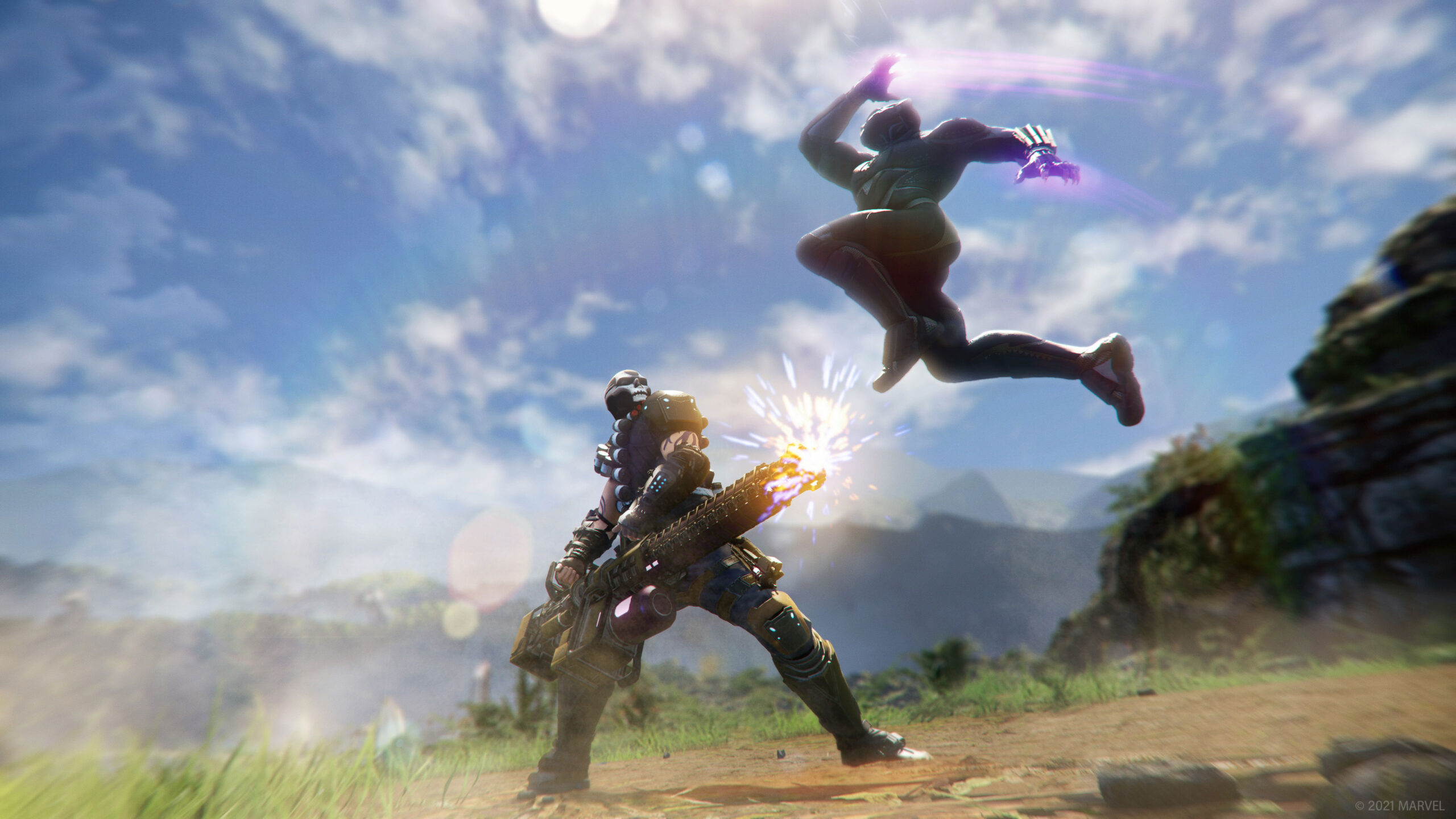
When people think about Black Panther these days they obviously think about the Chadwick Boseman portrayal in the cinematic universe. Can I ask the two of you to speak on him and how his portrayal may have influenced you or inspired you in any way?
CJ: It was such a sweeping masterpiece of a performance that in the beginning of this and we started this process while Chadwick was still with us, I was conflicted. I was afraid, as an actor that something I did would be compared to what Chadwick had done. I was conflicted with even playing a role that Chadwick had played so masterfully, but the way that this story is constructed, it’s a different part of this life, it’s later in life, and he’s been King for a while, so even though relationships are familiar, they’re different. Going in, I said this had to be my take on it, I’m not going to be doing voice matches and once that was agreed upon, then the knowledge of what I was owed to this character, I gave 100% immersion, 100% emotional availability and even the alteration of my physical being. Other characters that I’ve played have always been hugely, muscular and in my mind T’Challa is quick and flexible and that also is mental, so to me, to vocally embody him, I had to have the physical tools to do it.
Being heavier, being more muscular gives me a certain resonance in my body and a slower way of speaking, so doing all that work in cooperation with learning the dialect, it all started to come to be and then as I got more familiar with the story, it truly lends itself to a different take of T’Challa. Then the conflict I had in my own mind about playing T’Challa was nothing I will do ever do is will ever dim the extraordinary performance that Chadwick gave, but I would then be included in this group of gatekeepers of this character and it was actually a comment that I had read that made me fully realise that we (the people involved) are all gatekeepers of this important, beloved character and then I finally embraced being one of the gatekeepers and it freed me up.
Evan, I take it you’re no stranger to video game discourse. Given you’ve written about the politics of Black Panther, I’m curious to ask what are your thoughts on the reluctance to involve politics in video games?
EN: I’m of the belief that every creative decision that an individual group makes is informed by the politics which shaped their lives, right. So your decision to include or exclude people from certain experiences and walks of life is political, the way you build your world, the stories that you prioritise inside of them, is political, right?
You’re not always political in terms of seeking to advance like a legislative goal, but they express a philosophy that you usually inherent from the culture that you exist inside of right. And it can be in response to some of the aspects of the culture that you feel like need improvement, or it can be in to reinforce some of the good aspects of the culture that you live inside of right so you know. Some of the most meaningful video game experiences I’ve had were premised on intense political, socio political situations and points of view. There was a game that I reviewed back in the day at Kotaku called This War Of Mine. You’re a bunch of refugee and you’ve got to go out and forage for medicine and food and trade with other people who you may not be able to trust. If I remember correctly, the script was a group of developers that had kind of lived through the Balkan War and s it calling out a specific politician? No, but is it calling out what war does to us and how it dehumanises us? Yes.
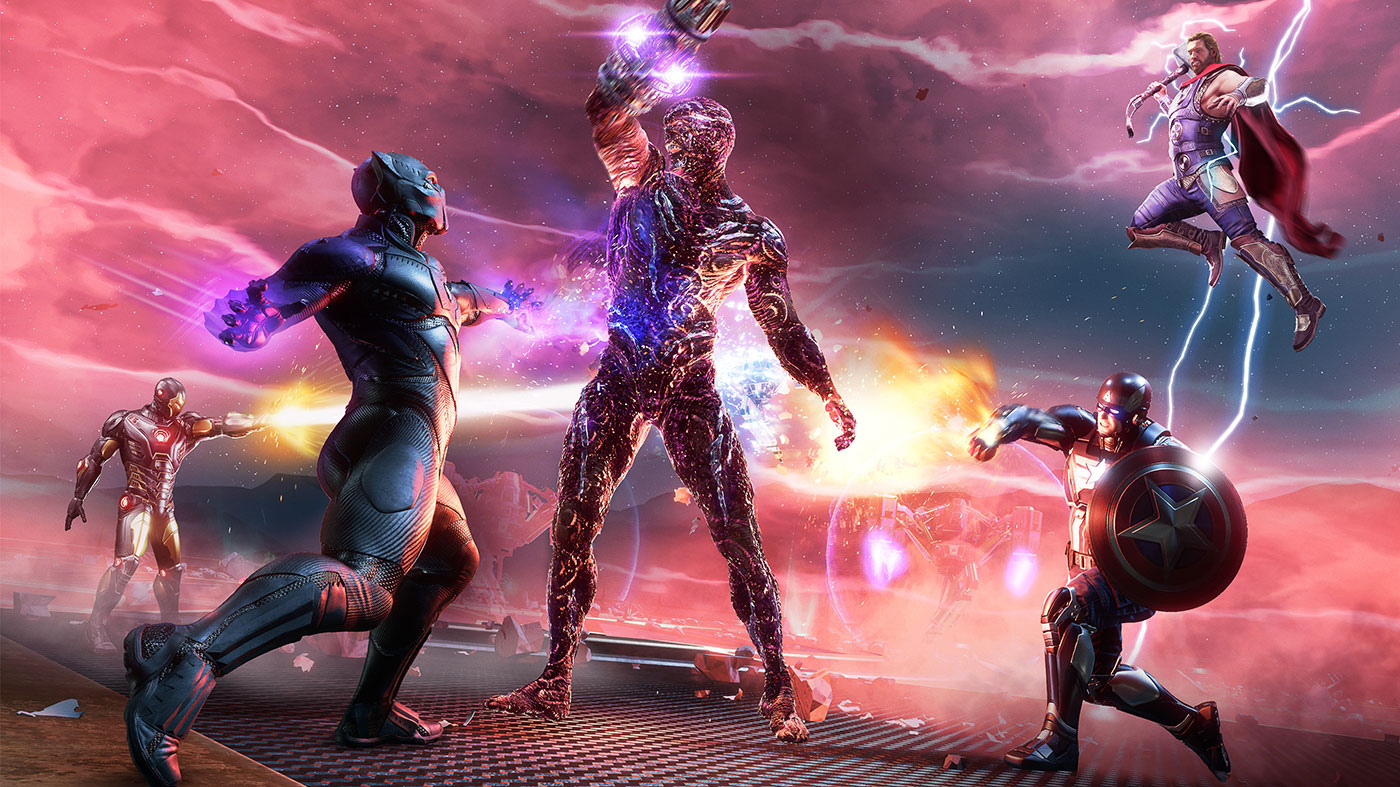
And that’s political. It’s not about like, Democrat versus Republican or anything like that, or left versus right. It’s examining the politics of the world and the repercussions it has on people and that’s ripe storytelling fodder. If you find the right lens. It’s totally fair game, in my opinion, pun fully intended.
But if you’re exploitative, if you’re dehumanising, if you are re-traumatising your audience with racism and sexism, and other kinds of discrimination, and that happens subconsciously, that’s something you need to examine, I think. But a lot of what these controversies and hamster wheel discourses are really afraid of is a broadening of who gets to participate in the making of meaning, in engaging with video games is an art form.
And the making of meaning happens on the creative side on the left side also happens on the audience side, and how they’ve been discussed, so when we talk about politics, it shouldn’t be a narrow frame and if video games are really going to be a mature art form, there needs to be room for the specificity of people’s experiences, culturally, politically, emotionally, psychologically, within the art form, and that may mean coming to grips with things that you don’t necessarily agree with, but they deserve to be told.
I’m curious to know what your thoughts are on the storytelling potential of video games in comparison to film, TV and comics. God of War for instance, Christopher, is held an incredibly high regard for storytelling. What excites you about the medium of video games presently and into the future?
CJ: I said this earlier. Any sort of spoken word in video games used to be to get you to the next battle, or to the next fight. Now, it is an integral part of the gaming experience. Games are now more and more character and story driven and that potential is just being realised. So what’s exciting to me is, let’s face it, movies are limited by roughly a two hour fromology, TV an hour to 30 minutes. The ability to tell an extended story with true arcs and true feeling, character involvement in gaming is the future of storytelling and we’ve just started to scratch the surface of it and where it’s going is what’s truly exciting. And the acceptance of it and recognition of it by the fans of gaming and gamers.
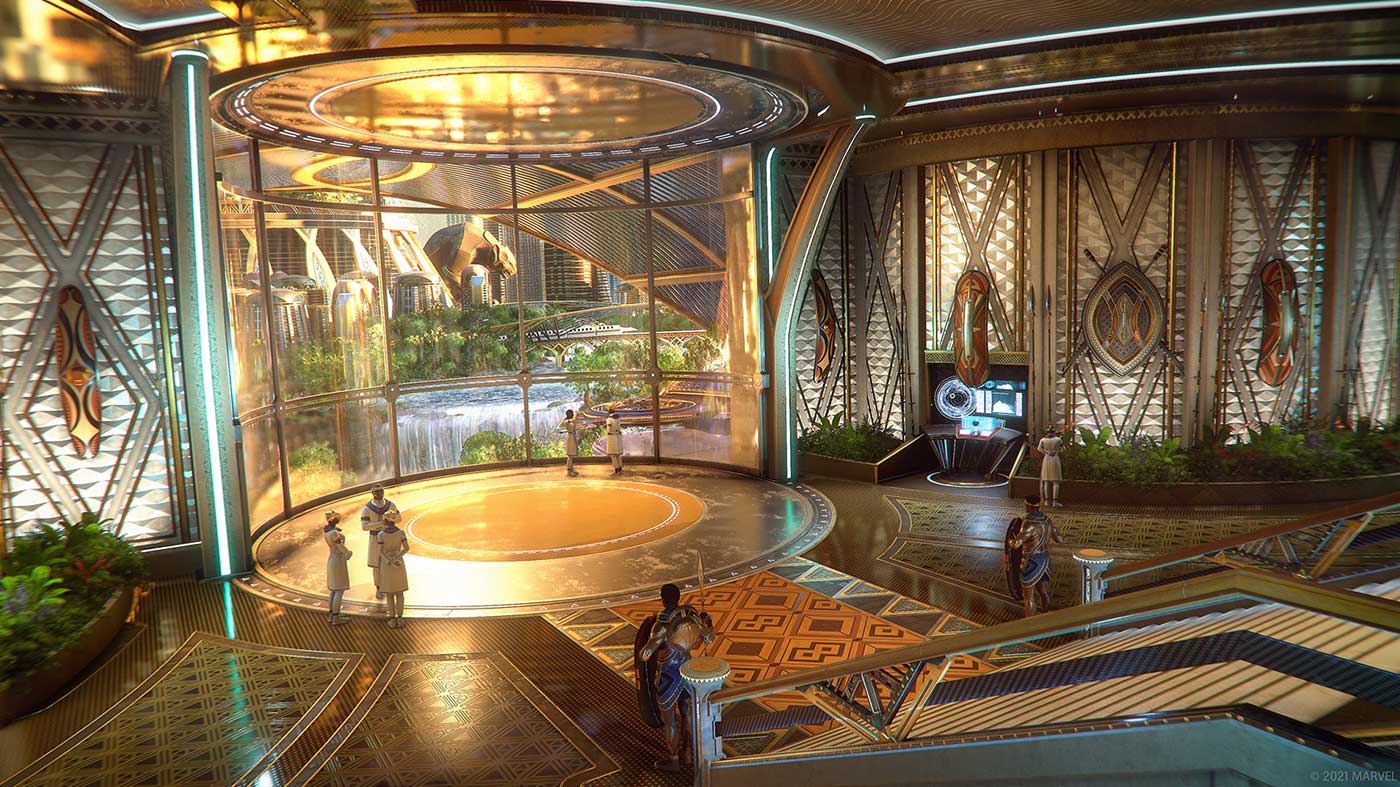
Evan, curious to ask the same question to you?
EN: It’s a hoary old cliché to talk about interactivity in video games, right, but it really does give you a set of opportunities and tools in terms of storytelling that other medium cannot match up with. If I’m telling a Black Panther story in a comic, you are locked into the way I tell it. You have to go from one panel to the next panel to the next page and yeah, if I was like, a genius level storyteller, like Matt Fraction or Karen Gillan you could make the panels work, forwards, backwards, upside down, all around, when you’re a master of the form, which I am not, I’m still journeymen, you can do those things. But video games let you avail yourself of non linearity, different kinds of embedded narrative in the environments in overheard conversations, there is this impulse to make games, more like movies, but they can be so much more than that.
I hesitate to talk about this, because it’s not specific to this project, but I remember we were in a meeting one time for Miles Morales and of course, the movie came up, and there’s that scene beginning where he’s walking through the neighbourhood, he’s pointing fingers, he’s kind of saying hi to everybody and one of the things I said, when we were working on Miles with Insomniac was like, yeah, we can have a neighbourhood talk back to him. That’s what video games can do that a movie can’t do and so we built like, a dialogue system to kind of achieve that goal.
it’s a 360 kind of storytelling where the whole world can, and all the world building can can point towards a goal. It’s an exciting time for the medium. One of my favourite games from last year was Hades and the way they tell that story, all these different threads, some of meet in intersect and intertwine, some of them don’t, but the way they deliver that story, and intertwine it so expertly with the mechanics, you just want to keep playing. You’re like, Oh, yeah, I got a new power up for this weapon, but really, I want to find out what does Zeus mad at me about now? We were just boys a couple of playthroughs ago, and now he’s got beef. It’s that kind of stuff, that is amazing to me. Chris is like “Zeus, Zeus, who’s talking about my daddy”.
Chris, between Marvel, Stargate and God of War fans, who’s crazier?
CJ: Well, I hesitate to use crazy, but fan is the root word of fanatical. You know, it’s just a great fandom and I’ve gotten the ability to see how much crossover there is between the fandoms and what I would like to see is because a lot of our super objectives are the same between all fandoms we want to be seen, we want to be heard, we want to be taken seriously, we want to dream and hope and love just like everybody else I would like to see a lot of the fractioning of the fandom stop and at least this be a safe place for all of us. Not that there’s not a difference of opinion, but those differences are always treated with respect, and maybe just a dash of kindness, because at least we can insulate ourselves in this world. That world out there is tough enough, so hey, that’s my two cents.
